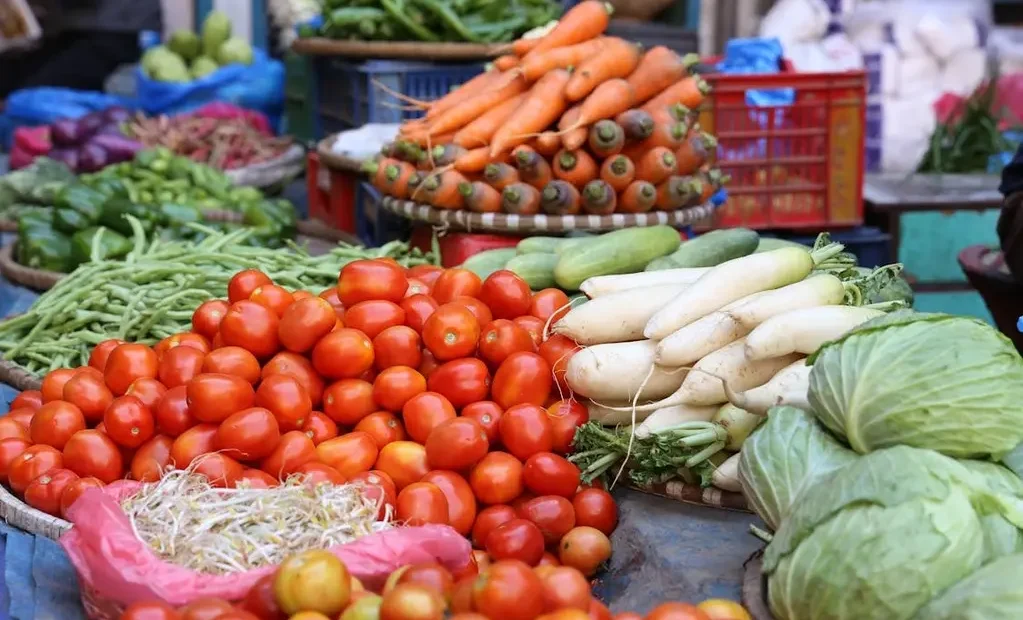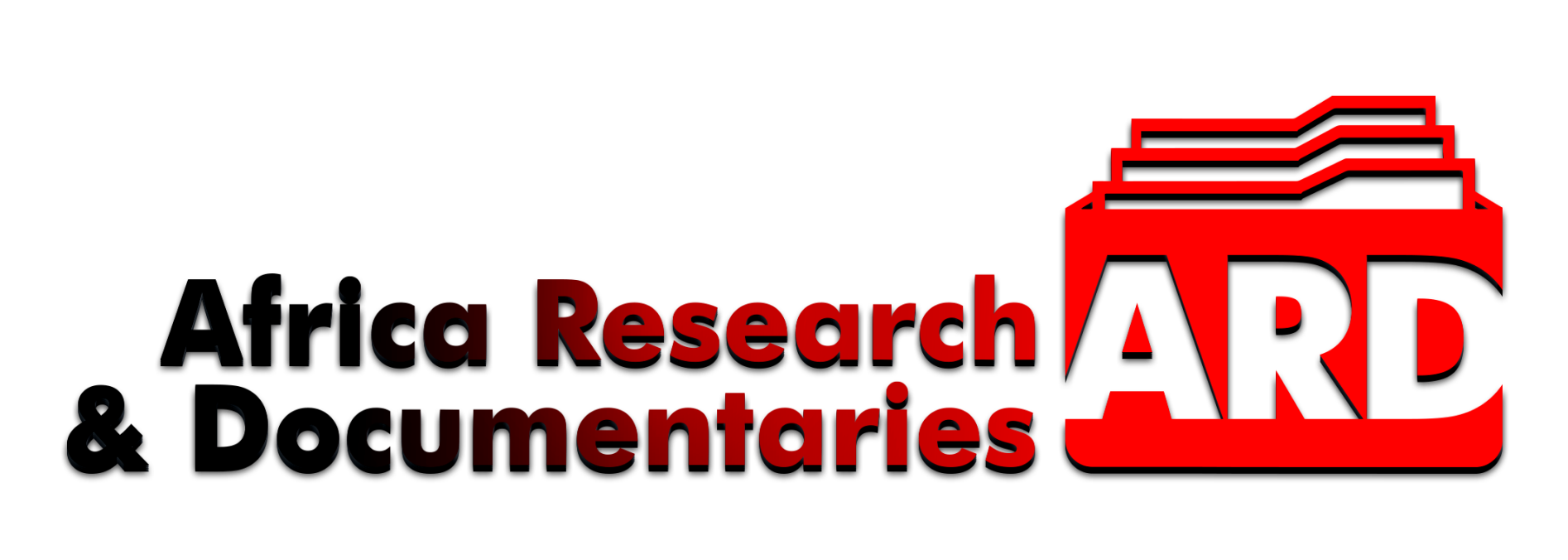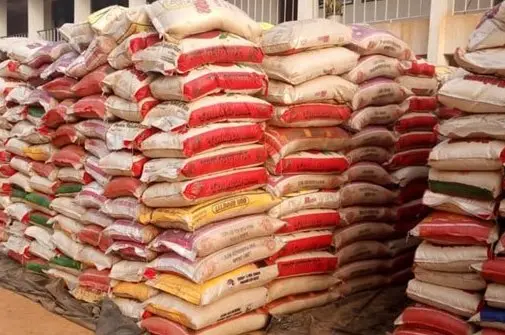Federal Government Predicts Food Price Crash by January 2025

The Federal Government announced new measures to tackle high food prices nationwide, projecting a significant price drop by January 2025. Minister of Agriculture and Food Security, Abubakar Kyari, outlined these measures, which include suspending duties, tariffs, and taxes on imported food commodities. Specifically, 500,000 metric tonnes of wheat and maize will be imported and subjected to a recommended retail price to ensure quality and affordability.
Support for Smallholder Farmers
The government will provide these imported semi-processed commodities to small-scale processors and millers. Additionally, the administration plans to support smallholder farmers through various initiatives, including the Presidential Accelerated Stabilization and Advancement Plan. This plan will enhance local food production, especially for the 2024/2025 farming cycle, and includes strategies such as aggressive agricultural mechanization and collaboration with sub-national entities to increase irrigable land. Kyari emphasized the importance of stakeholder collaboration, including partnerships with the Federal Ministry of Water Resources and Sanitation for irrigation facility maintenance. The administration will also engage youths and women in greenhouse cultivation to stabilize prices and address food shortages. Moreover, there is an ongoing effort to collaborate with the Nigerian military to cultivate arable lands under the Defense Farms Scheme.
Livestock Development and Nutrition Security
The Renewed Hope National Livestock Transformation Implementation Committee will prioritize livestock development, aligning with the National Livestock Transformation Plan. To enhance nutrition security, the government will promote fortified food commodities and scale up the Home Garden Initiative. The All-Farmers Association of Nigeria (AFAN) praised the government’s initiative, noting that local production alone has been insufficient to meet demand. Femi Oke, AFAN’s South-West Chairman, expressed optimism that the measures would lower food prices. Similarly, the Nigerian Association of Chambers of Commerce, Industry, Mines, and Agriculture and the Association of Small Business Owners of Nigeria commended the comprehensive nature of the plan. However, there are concerns about potential impacts on local producers. Segun Kuti-George, Vice President of the Nigerian Association of Small-Scale Industrialists, suggested that subsidies or other support for local farmers might be necessary to prevent adverse effects on domestic agriculture.
The Federal Government’s new measures, including the suspension of duties and importation of 500,000 metric Tonnes of wheat and maize, aim to significantly reduce food prices by January 2025, ensuring affordability and quality while supporting small-scale processors and enhancing local production.
Overall, the Federal Government’s plan aims to alleviate immediate food shortages and ensure long-term food security. While there is optimism about the potential benefits, the success of these measures will depend on effective implementation and stakeholder cooperation.










